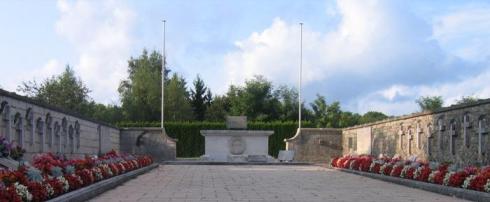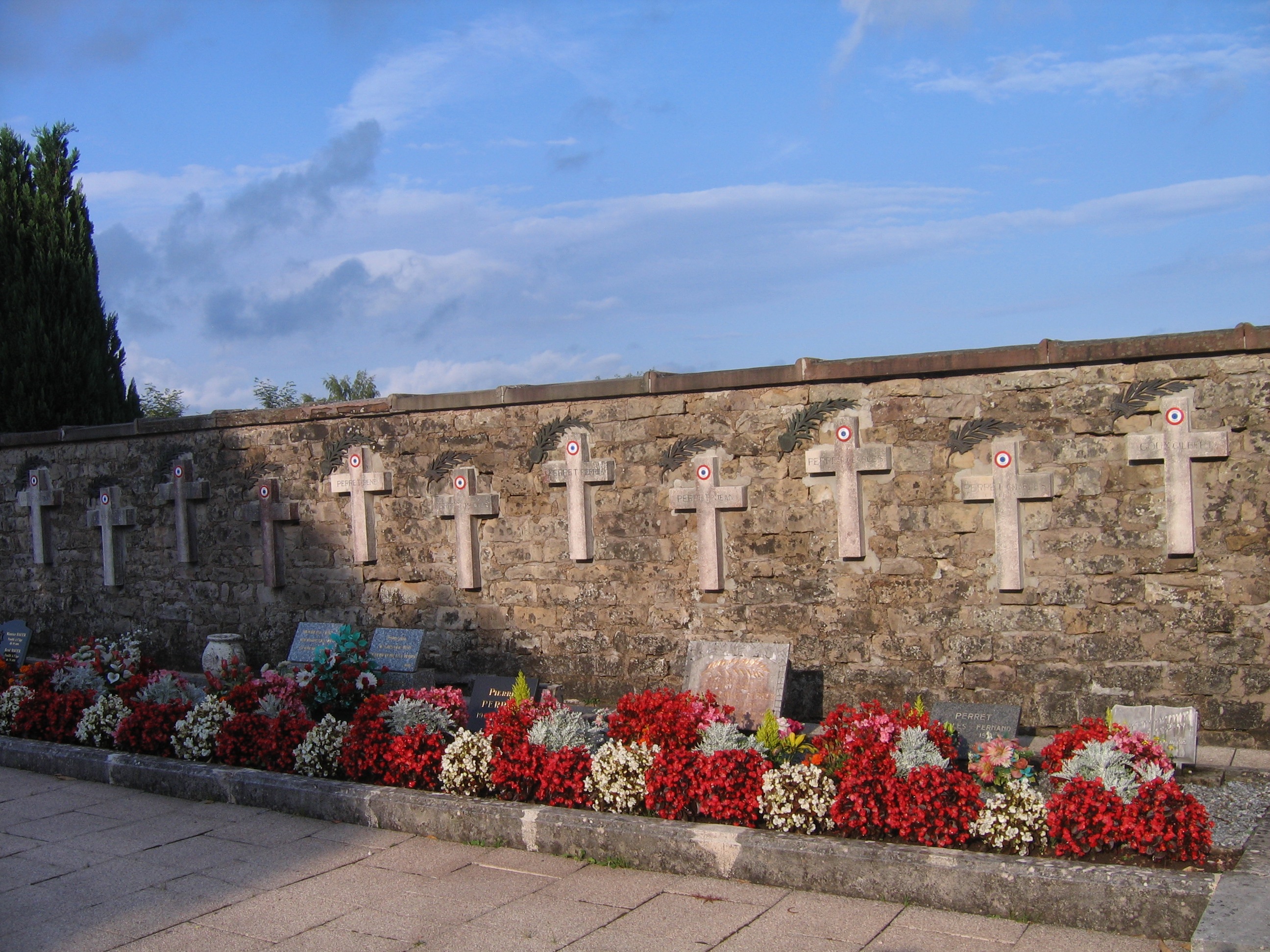Saturday, September 25, continued ...
The bombardment of Etobon continues, as does the rain. Mme. Picard, from Clairegoutte, told me how it poured rain nonstop during these last days of September, 1944. As the Etobonais are forced to provide shelter for German/Cossack soldiers and their horses, Jules Perret and his family can only watch and wait. He writes:
"Whoever might read these lines one day might wonder how I can take such precise notes. Here’s how I do it: I write a summary, often in patois, of what happens to us, on little squares of paper, well numbered, which I put in my wallet. Then, when I have a moment, I bring out the notes and slip them into little bottles that I bury under the feeding trough in the stable.
"We have five of the Cossacks’ horses. To one of the cavalrymen, who is from Kouban, I said, “No go back Kouban. Stalin hate Cossacks, kaput Cossacks. Why Russky deutsch soldier?” He says to me, “Cossacks not bolsheviks, not communists.” That’s how we talk to each other!
"These Cossacks, even though many of them speak German, are really Russians. Excessively polite. They wear big red astrakhan hats. The two that are staying here are 42 and 44 years old. They are big, handsome men. One has a son who’s an officer in the Russian army. And he’s a boche soldier! Philippe is always in his arms. He kisses him and puts him astride their little horses - lively, but gentle as lambs. When you do a favor for Siriés, the older of the two, he takes both your hands and weeps. But these Cossacks are demons when they’re drunk!
"A hail of shells in the woods. The boches set fire to Isaac’s Mill to drive out the “terrorists.” Machine gun fire can be heard all around. I’m writing these lines at the skylight in Jacques’ attic, where I can see without being seen.
"Going back to the Cossacks, there is one very small one, a real runt, Sicilian, with a dark face. How did he get in with this nice troop? (We didn’t imagine, seeing this runty kid in front of the house, that two days later he would kill my son and thirty-eight of his comrades!)
"At my sister’s place, four Cossacks sleep in the room that’s over the basement. One has his bed over the trap door over our pig in a barrel.
"Near evening, the cannon shuts up. A missed offensive. What bad luck!
"Eleven o’clock. The cannon fire starts up again, very near, maybe a tank advancing from Lyoffans against la Pissotte? Oh, I wish they’d come quickly!
"Without having to ask, our Cossacks brought their doctor to look at Suzette’s arm, swollen from an abscess. He changed the bandage. And polite! We’ve never seen anyone so amiable. It’s not a good sign.
"We go to bed partially dressed, the window open so that we can follow what’s going on. It’s still raining. “Pow, pow” everywhere! We get stuck in the mud up to our ankles every time we go out to see what’s happening.
"Four o’clock in the morning. Jeanne, my wife, scolds me for sleeping like a log while the cannons are so loud. The house is shaking from them."
 The burial place of the Etobon martyrs
The burial place of the Etobon martyrs 
 Katherine Douglass
Katherine Douglass